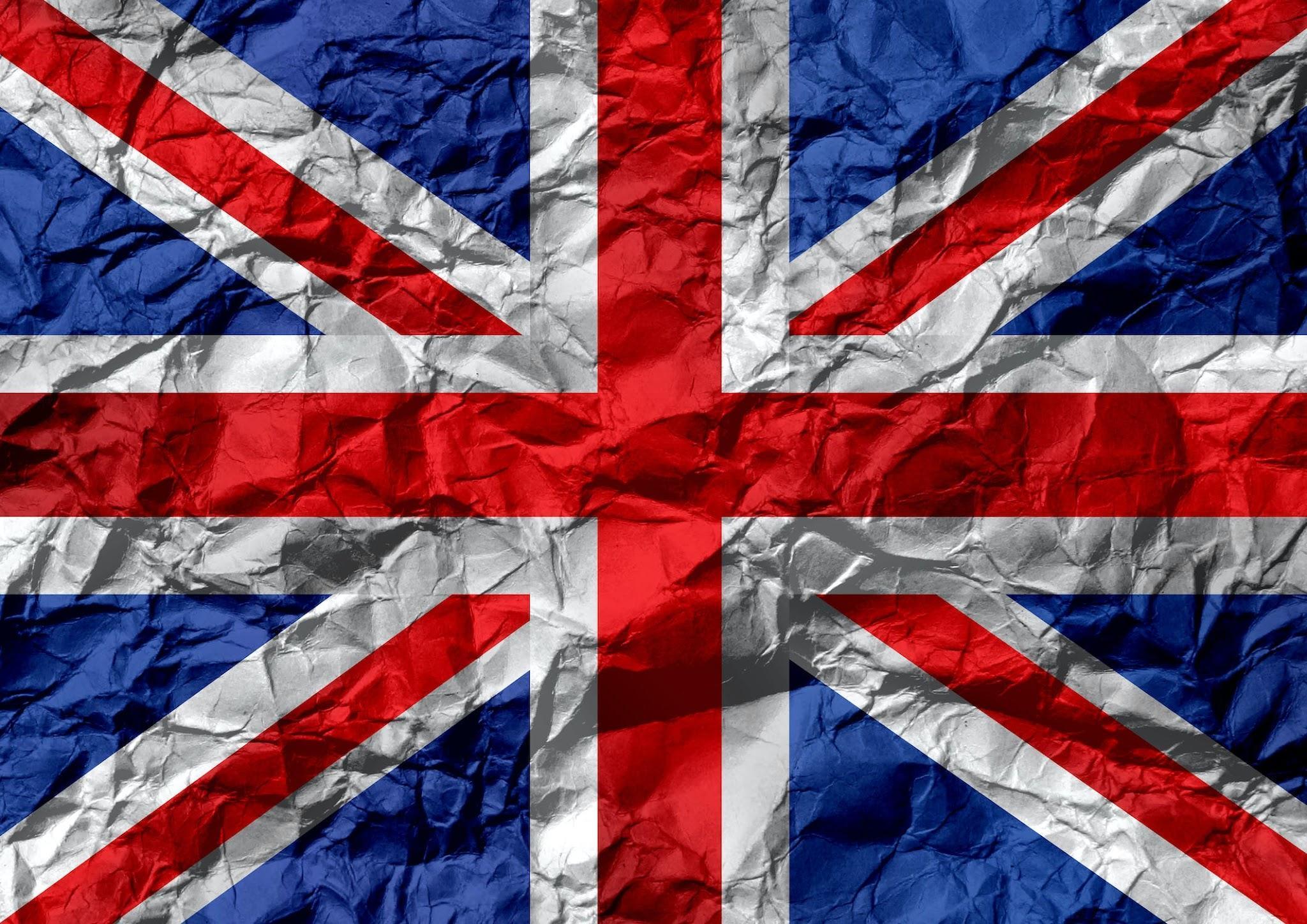
5 minute read
"The Fall Crisis: The United Kingdom's Issues and Turmoil" by John Minyen
from The Observer XIX.2 - From the Other Side: Political Polarization in Today's World
by The Observer
While the turmoil of the world continues to build, it is becoming harder to ignore the changes we see happening before our very eyes. The tendency to ignore small changes has left us in an environment where we have issues that are cumulative and monstrous to approach. This extends to both economics and politics, especially in regards to the new radically conservative approaches that have cropped up across the world. Much of the past two decades have been characterized by the steady rise of nationalism and grassroots movements and has drastically altered the course of both the domestic economy and the global economy. Much of the Western economy now stands at the precipice of truly historical moments, for better or for worse. Even as recently as November 2nd, there has been another interest rate hike by the United States Treasury to try and get inflation under control. Critical reserves of oil and gasoline are also being brought forth to try and offset the global deficit that OPEC has created with their 2 million barrel production reduction. These examples are only symptoms of the larger problem of increasing radicalism. To examine this issue in more depth, we can look to the United Kingdom, and how chaos within its own state is affecting the world. This will include examining the political turmoil both domestically and abroad, as well as the economic impact of the current British economic plan.
Speaking to the United Kingdom’s domestic politics, they have entered into unprecedented turbulence. The Conservative party has lost all semblance of unity and has descended into tribalism, with some Tory MPs in open rebellion against the party leadership. The historic Prime Minister turnover and the rapid cabinet shake-ups are unprecedented in the British system and have produced a situation that has sent the UK and European markets into a meltdown beginning on September 23. Coupled with the supply chain issues still lingering as a result of the COVID-19 pandemic, there is a concern for the long-term health of the British economy. The political climate that fostered this crash is a result of a number of factors that can be tied into modern extremism and nationalism. Most of the political issues that are hampering the current market have arisen due to the fact that Liz Truss’s premiership was loaded with the Trump-esque legacy of the equally Trump-esque Boris Johnson. The Brexit deal and Boris Johnson’s ascension to the premiership were both results of an extreme grassroots movement mimicking the American GOP tactics in the early 2000s. The Brexit movement is a particular highlight of rising populist sentiment. The measure was passed by British voters by only a small margin and was only brought to pass by an extremely vocal part of the British Conservative movement. However, as a result of this movement, they are now bound by law to find an exit out of the European Union, which in turn has caused a collapse of faith in the British economy in the long term.
Advertisement
This extremism has been brought on by voters who no longer feel the benefits of globalization and free trade. The Depression of 2008 sent the world reeling and in Britain, had the unfortunate timing of coinciding with an immigration wave. Given this timing, it was easy for anti-immigrant political movements to make the newcomers scapegoats for the turmoil and pain felt by the everyday Briton. A very neutral economy recovering from the collapse did not help matters either, as the cultural and economic consequences of being a member of the European Union were amplified tenfold in the emerging markets. More voters felt marginalized, and thus more extremist views gained traction. This suggests that the economic and political issues in the United Kingdom are a result of a very vocal and very populist minority within the Tory party. With Brexit on the horizon, the increasing possibility of Scottish Independence, and a market with very little faith in the current political party, there seems to be little hope for a unified Britain. It is under these conditions in which domestic and global markets reflect increasing political extremism.
As a result of the economic collapse and the inner turmoil of her cabinet turnover, Liz Truss chose to resign and has left Rishi Sunak as the Prime Minister to pick up the Conservative mantle. This has brought some stability and confidence to the European markets, but the shocks are guaranteed to be felt throughout the world in the coming months. Socially speaking, parts of the UK have been in an uproar over the continuous disarray, especially Scotland. Scottish independence from the UK has become a focal point of the Scottish parliament, and every day it is becoming more likely that Scotland is on the path to secession. The extremism that has become resurgent across the globe has shaken the stability of markets and has possibly caused a death blow to the unity of the United Kingdom.






